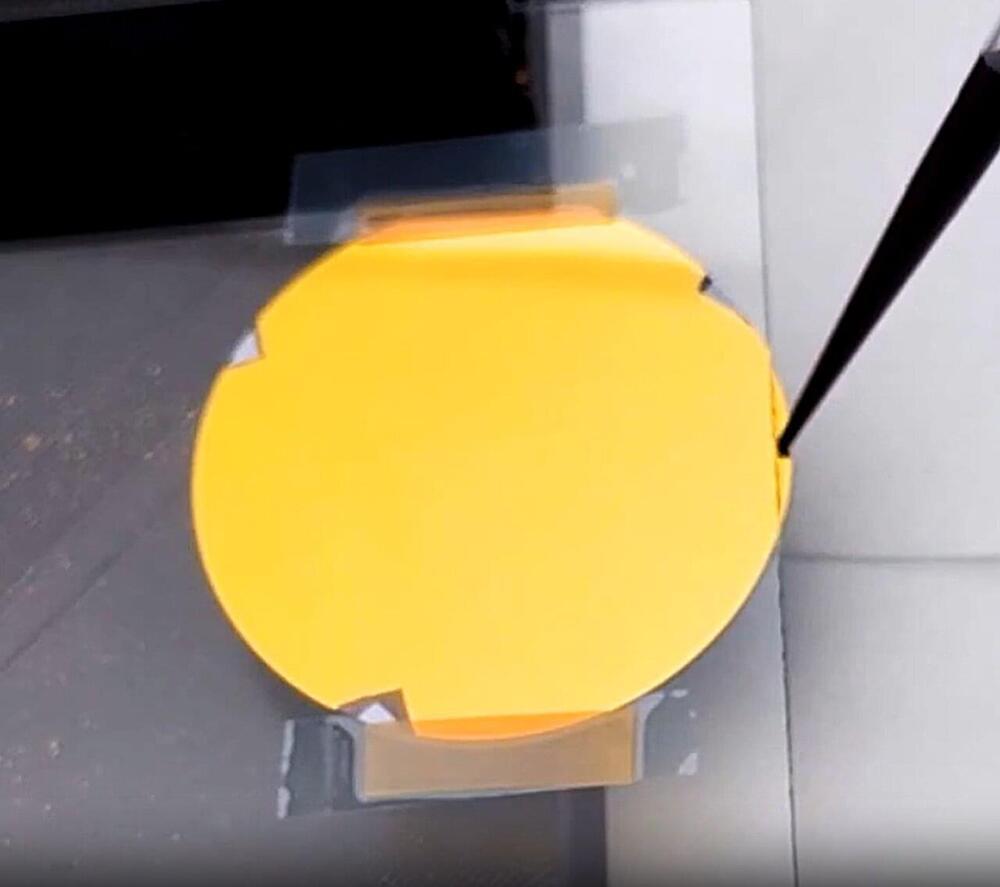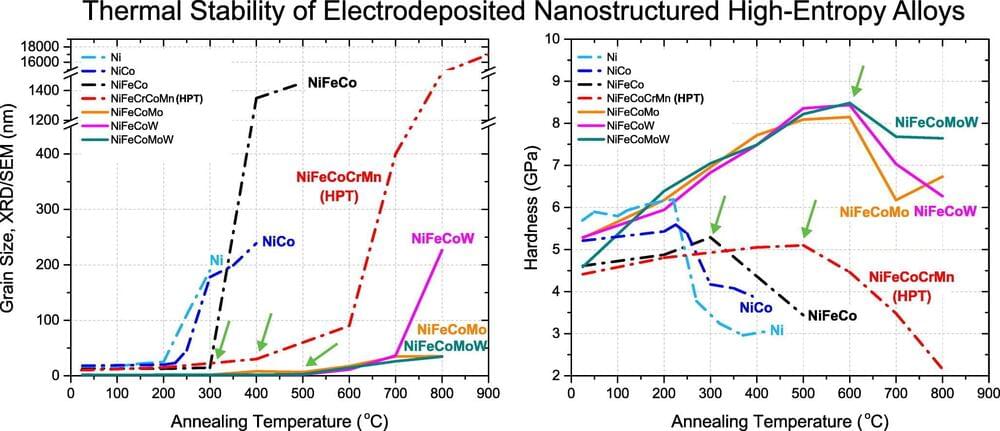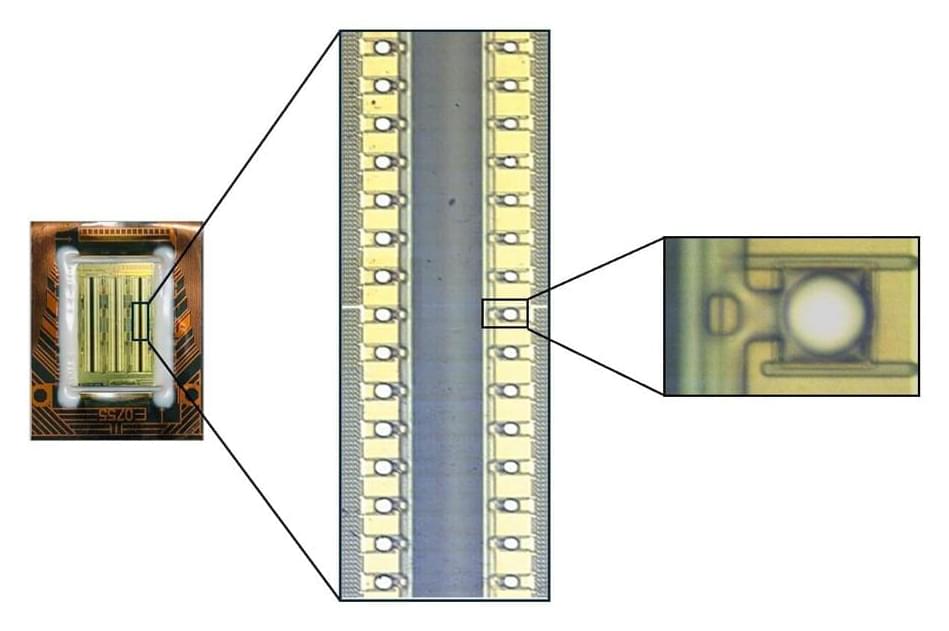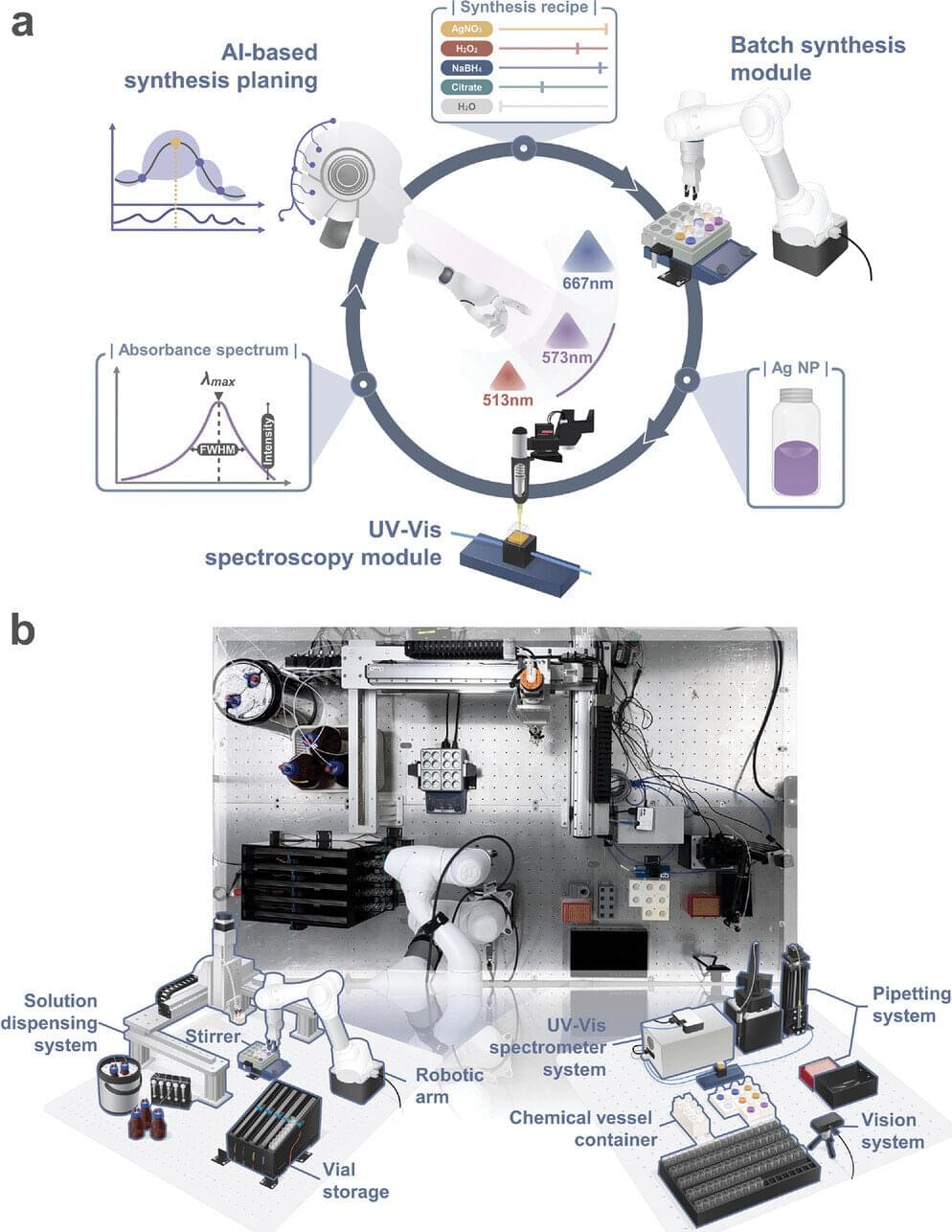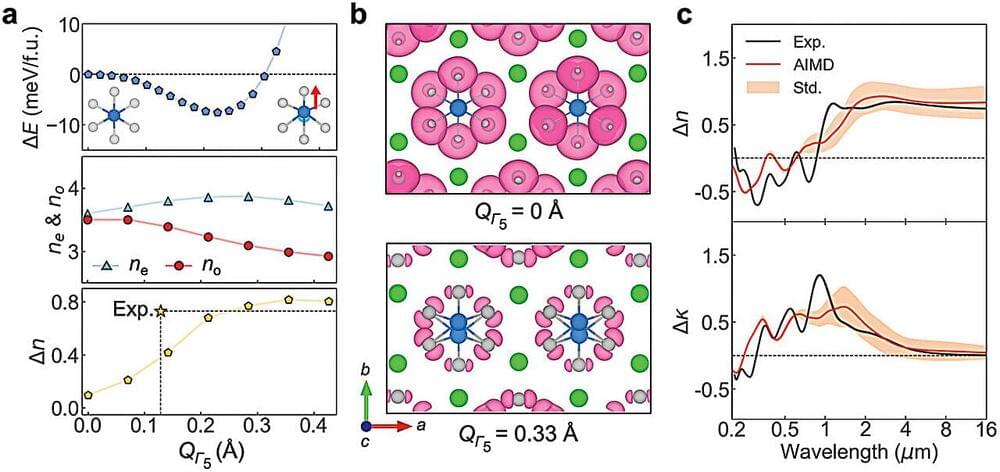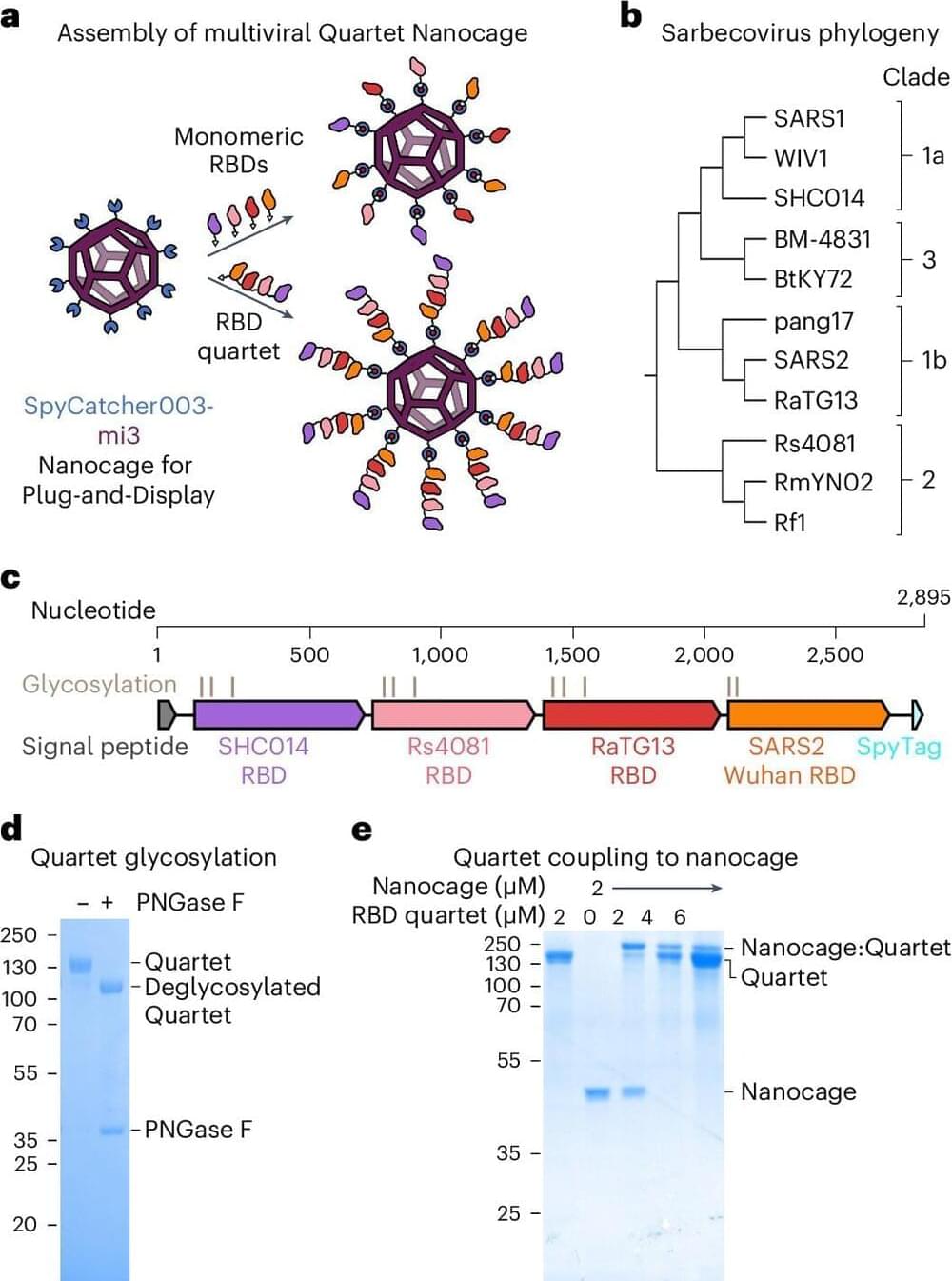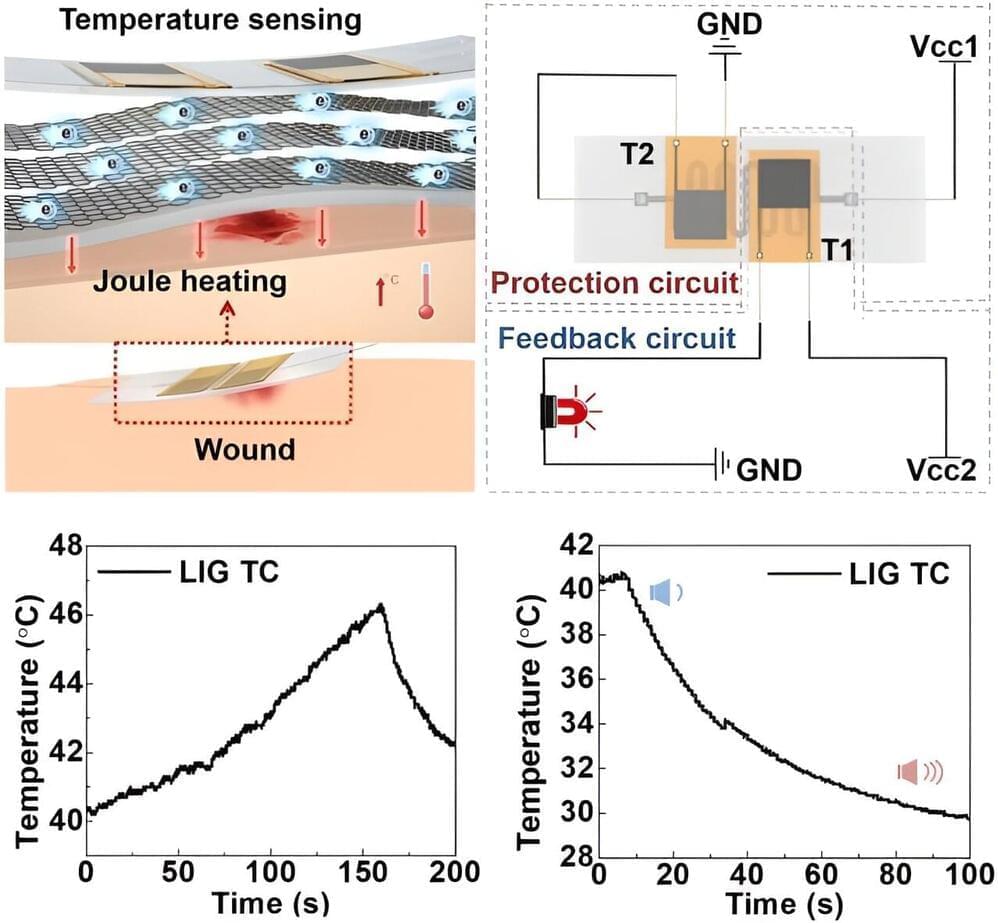May 8, 2024
Researchers develop nanotechnology for creating wafer-scale nanoparticle monolayers in seconds
Posted by Dan Breeden in categories: chemistry, nanotechnology
Nanoscale materials present us with astonishing chemical and physical properties that help materialize applications such as single molecular sensing and minimally invasive photothermal therapy—which were once just theories—into reality.
